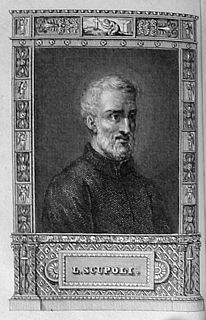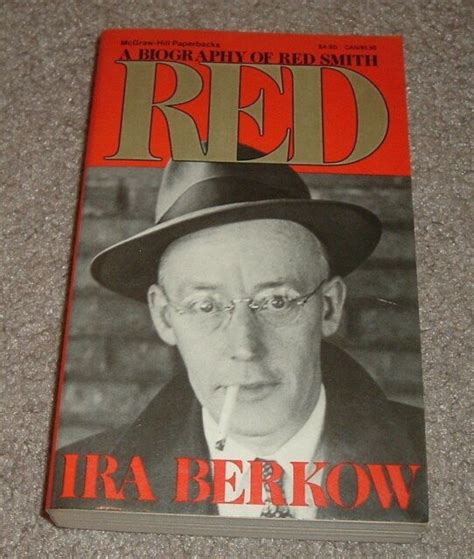A Quote by Maurice Blanchot
The Journal is not essentially a confession, a story about oneself. It is a Memorial. What does the writer have to remember? Himself, who he is when he is not writing, when he is living his daily life, when he is alive and real, and not dying and without truth.
Related Quotes
Entertain, yes. That goes without saying. But a good writer does that automatically, it's built into the machine. Telling a thumpingly good, mesmerizing story is what one does without question. But beyond that, any writer worth his/her hire knows that all writing, one way or another, is subversive. It is guerrilla warfare against the status quo.
Truth has no path. Truth is living and, therefore, changing. Awareness is without choice, without demand, without anxiety; in that state of mind, there is perception. To know oneself is to study oneself in action with another person. Awareness has no frontier; it is giving of your whole being, without exclusion.
Becoming a writer is about becoming conscious. When you're conscious and writing from a place of insight and simplicity and real caring about the truth, you have the ability to throw the lights on for your reader. He or she will recognize his or her life and truth in what you say, in the pictures you have painted, and this decreases the terrible sense of isolation that we have all had too much of.
Every good story needs a complication. We learn this fiction-writing fundamental in courses and workshops, by reading a lot or, most painfully, through our own abandoned story drafts. After writing twenty pages about a harmonious family picnic, say, or a well-received rock concert, we discover that a story without a complication flounders, no matter how lovely the prose. A story needs a point of departure, a place from which the character can discover something, transform himself, realize a truth, reject a truth, right a wrong, make a mistake, come to terms.
I think that most of us, anyway, read these stories that we know are not "true" because we're hungry for another kind of truth: the mythic truth about human nature in general, the particular truth about those life-communities that define our own identity, and the most specific truth of all: our own self-story. Fiction, because it is not about someone who lived in the real world, always has the possibility of being about oneself. --From the Introduction
I pretty much drink a cup of coffee, write in my journal for a while, and then sit at a computer in my office and torture the keys. My one saving grace as a writer is that, if I'm having trouble with the novel I'm writing, I write something else, a poem or a short story. I try to avoid writer's block by always writing something.
Total surrender to the will of God actually is sacrificing oneself as a burnt offering to God. The proof of this state is dying to oneself, - to one's own opinions, wishes and feelings or tastes, in order to live by Divine intellect, in conformity with the Divine will and in partaking of God. In the forefront of this endeavor is our Lord and Savior. He surrendered the whole of Himself to God the Father, and us in Himself, 'For we are members of His body, of His flesh, and of His bones' (Eph. 5:30). So let us hasten in His footsteps?
Writers remember everything...especially the hurts. Strip a writer to the buff, point to the scars, and he'll tell you the story of each small one. From the big ones you get novels. A little talent is a nice thing to have if you want to be a writer, but the only real requirement is the ability to remember the story of every scar. Art consists of the persistence of memory.
Now a writer can make himself a nice career while he is alive by espousing a political cause, working for it, making a profession of believing in it, and if it wins he will be very well placed. All politics is a matter of working hard without reward, or with a living wage for a time, in the hope of booty later. A man can be a Fascist or a Communist and if his outfit gets in he can get to be an ambassador or have a million copies of his books printed by the Government or any of the other rewards the boys dream about.
I believe the only way a writer can keep himself up to the mark is by examining each story quite coldly before he starts writing it and asking himself if it is all right as a story. I mean, once you go saying to yourself, 'This is a pretty weak plot as it stands, but I'm such a hell of a writer that my magic touch will make it okay,' you're sunk. If they aren't in interesting situations, characters can't be major characters, not even if you have the rest of the troop talk their heads off about them.
The human race may be compared to a writer. At the outset a writer has often only a vague general notion of the plan of his work, and of the thought he intends to elaborate. As he proceeds, penetrating his material, laboring to express himself fitly, he lays a firmer grasp on his thought; he finds himself. So the human race is writing its story, finding itself, discovering its own underlying purpose, revising, recasting a tale pathetic often, yet none the less sublime.
If a writer of prose knows enough about what he is writing about he may omit things that he knows and the reader, if the writer is writing truly enough, will have a feeling of those things as strongly as though the writer had stated them. The dignity of movement of an iceberg is due to only one-eighth of it being above water. A writer who omits things because he does not know them only makes hollow places in his writing.
[Eugene Smith] was always writing these diatribes about truth, and how he wanted to tell the truth, the truth, the truth. It was a real rebel position. It was kind of like a teenager's position: why can't things be like they should be? Why can't I do what I want? I latched on to that philosophy. One day I snapped, hey, you know, I know a story that no one's ever told, never seen, and I've lived it. It's my own story and my friends' story.





































